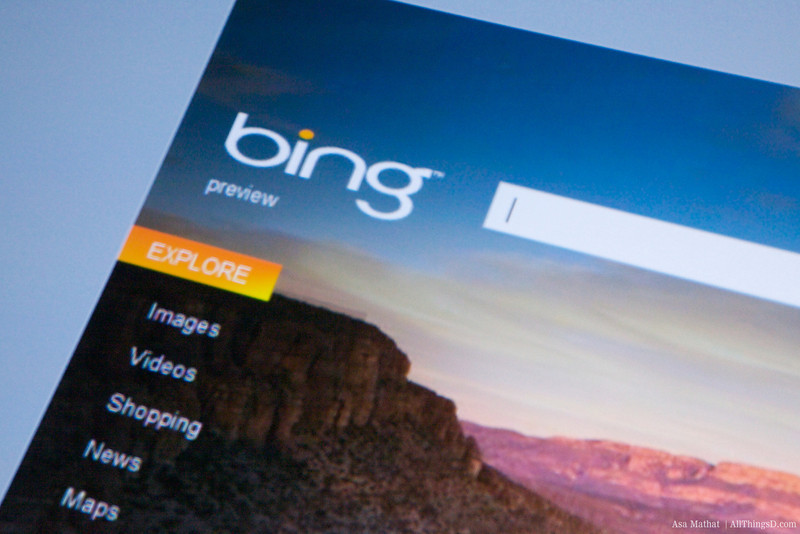Mobile commerce sales in the United States are expected to double this year, according to eMarketer. By 2015, that number will quadruple. The incredible expansion is predicated by the growing number of smartphones, tablets and other mobile devices.
Transactions over mobile devices should reach $6.7 billion this year. While that is still a small portion of overall retail sales, it is over a 90 percent increase over 2010, and expected to rise another 71 percent for 2012. eMarketer’s estimates are based on a variety of data from different research entities. Transactions include everything from physical goods to tickets for entertainment events. The numbers exclude digital downloads.
Some of the sites that benefit the most are auction sites. Consumers like the quick action on eBay and similar sites where their mobile device allows immediate satisfaction. Many time bound offers do well with mobile shoppers.
Traditional retail stores can be at a disadvantage if consumers simply pull out their mobile device and shop online retailers for a lower price. At the same time, local retailers with robust mobile sites can direct shoppers to one-of-a-kind opportunities right at the store, deals they cannot get at sites like Amazon, etc.
Results from this week’s Cyber Monday are illustrative. Total online sales came to $1.25 billion, the largest ever. According to CoreMetrics, mobile users made up 6.6 percent, up 2.3 percent from the same day in 2010.
“There is a convenience factor, whether it be iPhone, iPad or Android,” John Squire, chief strategy officer at Coremetrics told the Wall Street Journal. “And retailers have really invested in their sites to give mobile users a more compelling experience.”
EBay reported that Cyber Monday customers spent 2 ½ times more on their mobile service than the same time in 2010. PayPal exhibited similar trends, as they saw a sixfold increase in global mobile payment volume on that day, and the company’s commerce unit, which supports a number of retailers, saw a fourfold increase in U.S. mobile sales, according to the Journal. These results might extend through the week as many retailers are offering extended sales. Wal-Mart, Best Buy and others are dubbing it “Cyber Week.”
According to SeekingAlpha, the five most popular categories shopped through eBay Mobile were Clothing, Shoes and Accessories; Cell Phones and PDA’s; Jewelry and Watches; Collectibles and Toys and Hobbies. In electronics, it broke down as iPhone Accessories, iPhone 4 Black, and iPod Touch 8GB.
























